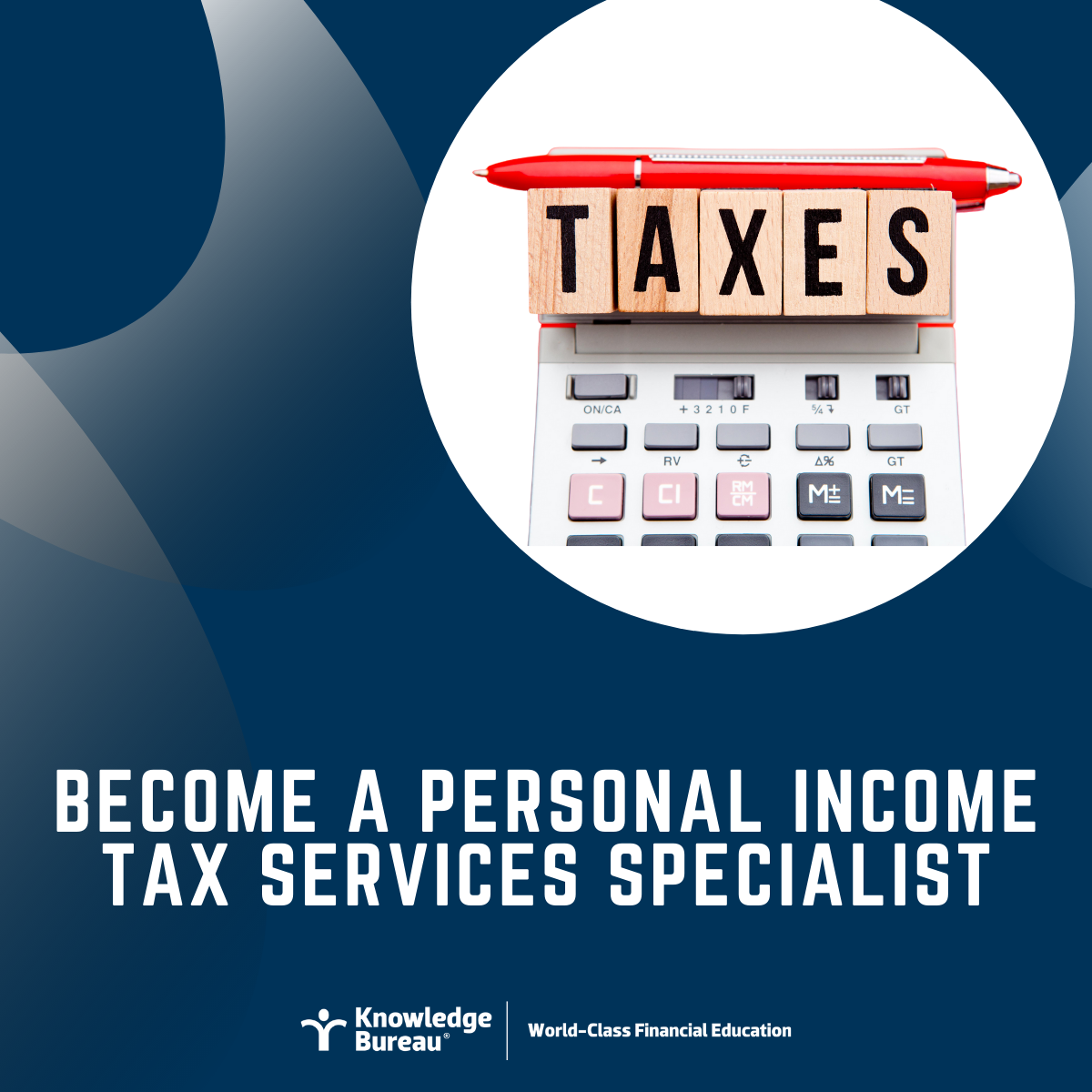Last updated: February 17 2021
Pre-Budget Tax Consultations

Evelyn Jacks
Have you completed the pre-budget consultations questionnaire the Finance Department has posted? The government wants your feedback, but are the questions posed relevant? Notably absent are personal and business tax topics, and the opportunity to provide your thoughts on the effect of long-term debt on the future value of Canadians’ retirement savings. Perhaps most puzzling is the lack of vision for the future of the world of work and specifically, the role of small businesses in the economic recovery. Contributing to the conversation is, however, important to bring your “feet-on-the-street” perspective.
If you are concerned about small business survival, you will note that there is only one question relating specifically to helping small business. The question is about whether new loan availability should be extended, but this leads to a bigger issue: is more indebtedness really what the small business community needs?
The issue for most small businesses affected by the lockdowns is a lack of revenue. Grants would be more helpful, and they could be specific: used to enhance the di gitization of workplaces in small towns across Canada, for example.
gitization of workplaces in small towns across Canada, for example.
Assistance in gaining access to new markets – interprovincially or around the world – would also be helpful.
But the most pressing need might well be around the reality of the future of work. According to recent government statistics, about 16.1 million people were employed in Canada in 2019 and the vast majority of them worked in the private sector – 76.2%. Also, as of 2019, small businesses employed 8.4 million people in Canada, or 68.8 percent of the total private labour force*.
Reskilling or upskilling is a critical factor in growing our economy. Certainly grants for new employee on-the-job readiness training for new economy jobs, could make sense.
As important, however, is the recognition that you might be hiring a subcontractor rather than an employee. That’s especially true as new business expenses in the form of Canada Pension Plan hikes and carbon taxes rises.
Looking down south to our American neighbors, the total number of freelancers is now 57 Million. Further, it is estimated that by 2030, freelancers could represent up to 80% of the global workforce.
Here in Canada, the gig economy grew from 5.5% of the workforce in 2005 to 8.2% in 2016, according to the last census. The proliferation of online business has encouraged this trend; but the pandemic has elevated it even higher.
If our pre-budget consultations are to be meaningful – rather than an endorsement of a pre-determined agenda - your opinion matters. So, what’s your take? Do let the federal government know.
*Key Small Business Statistics — 2020 Innovation, Science and Economic Development Canada, Small Business Branch

